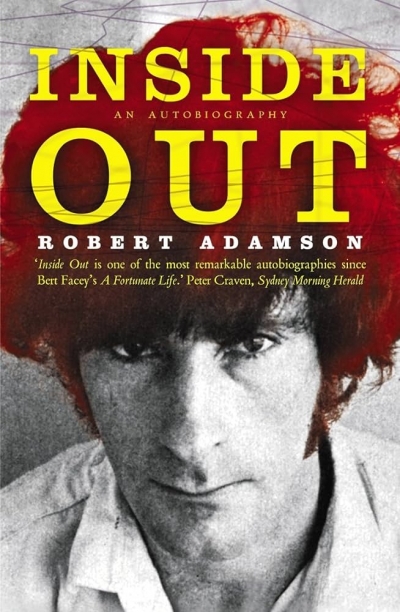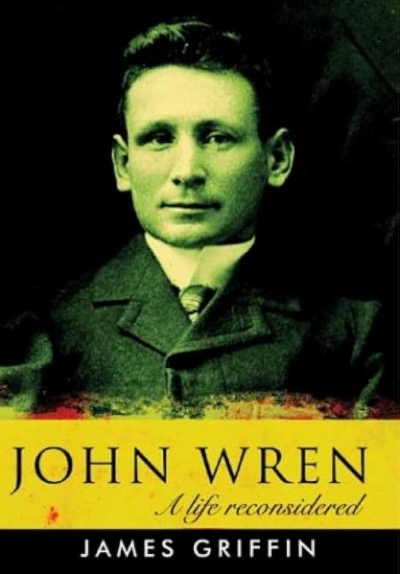Archive
Killing Juanita: A True Story of Murder and Corruption by Peter Rees
On-air banter. It’s a staple of radio and television shows seeking to project a friendly, accessible image. Think of the chats between Steve and Tracy on Today, and Mel and Kochie (and, increasingly, their viewers) on Sunrise. Chats between news, sports and weather presenters are routine. It helps if the weather presenter is gorgeous, zany or eccentric, such as Tim Bailey on Channel Ten’s 5 p.m. news in Sydney or the semi-retired Willard Scott on the NBC Today show. (There was never any evident warmth or banter between Channel Nine’s Brian Henderson and Alan Wilkie, one of the few actual meteorologists on air.) The presenters are meant to seem ‘just like us’ as they yarn about their weekends, their birthdays and their children. Some of the chats, particularly between radio hosts, are designed to personalise and promote interest in what’s coming up on the next programme.
... (read more)Corrupting The Youth by James Franklin & The Philosophy Of Sir William Mitchell (1861–1962) by W. Martin Davies
A Bastard of a Place: The Australians in Papua by Peter Brune
Australian Constitutional Landmarks by H.P. Lee and George Winterton
On the Hiryu, Hajime Toyoshima
Starred in the group photos like Andy Hardy,
He was so small and cute.
... (read more)In a much-quoted passage at the end of the General Theory of Employment Interest and Money (1936), John Maynard Keynes remarked, with some whimsy, on the power of policy intellectuals like himself:
... (read more)The ideas of economists and political philosophers, both when they are right and when they are wrong, are more powerful than is commonly understood. Indeed the world is ruled by little else. Practical men, who believe themselves exempt from any influences, are usually the slaves of some defunct economist. Madmen in authority, who hear voices in the air, are distilling their frenzy from some academic scribbler of a few years back. I am sure that the power of vested interests is vastly exaggerated compared to the gradual encroachment of ideas.







